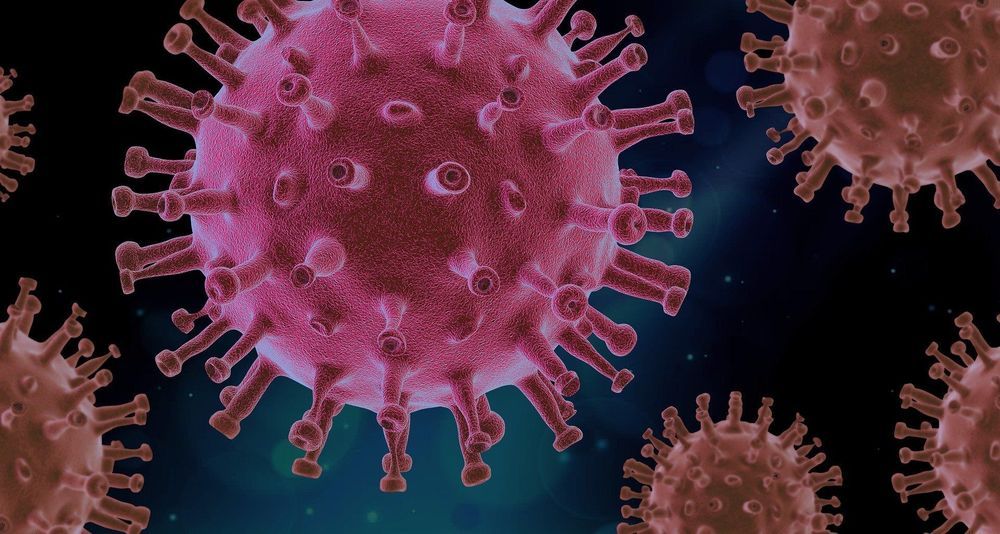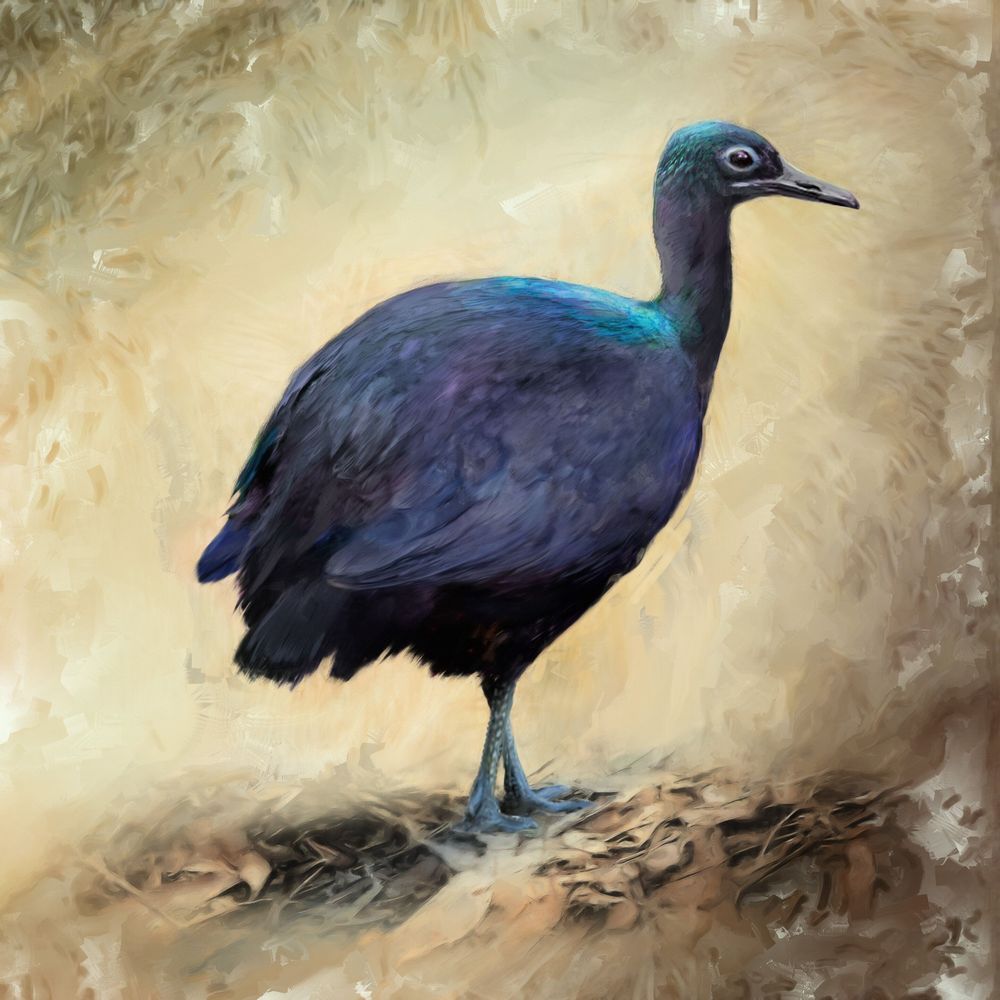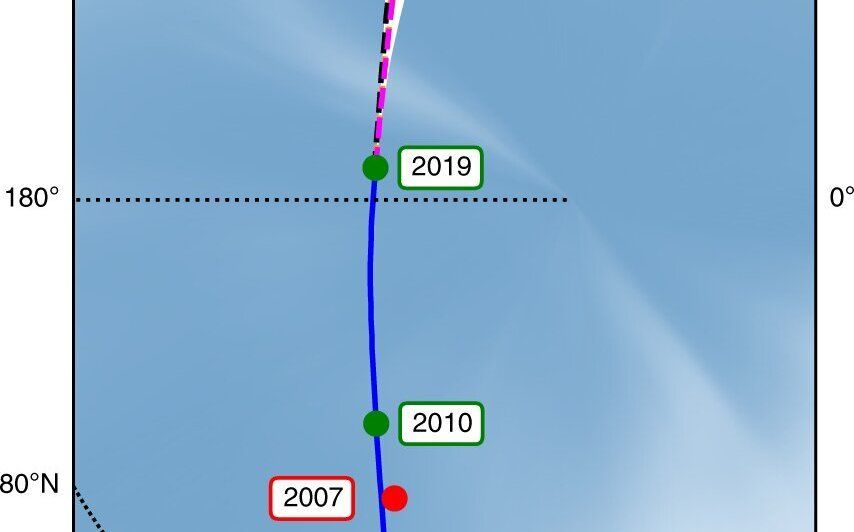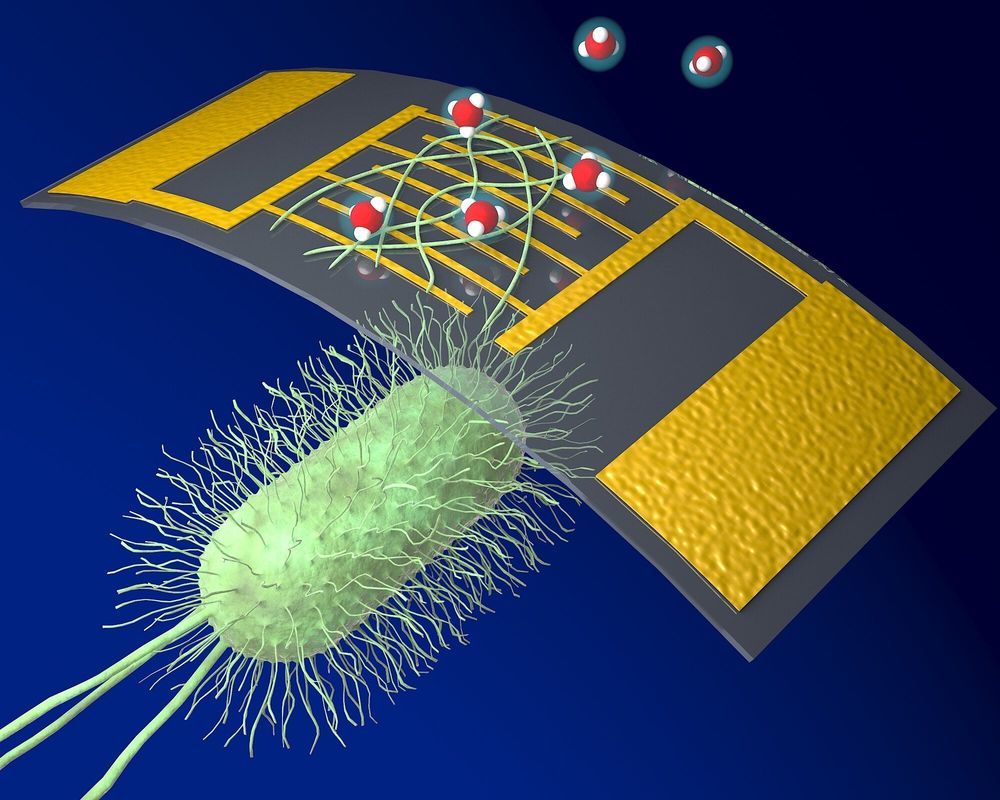“” What we thought would be fringe is actually the core,” Johnson explains.”
Anti-vaccine groups flourished during the 2019 measles pandemic. They may flourish during the 2020 coronavirus pandemic using those same key strategies.



South Korea has typically released information like a patient’s age, gender, and places visited immediately before testing positive, as well as in some cases, patients’ last names and general occupations.
About 2,000 people are still being sought by officials.
By subscribing I accept the terms of use.

The Thunder Child is a high speed, wavepiercing boat that is unsinkable! 🚤 🌊.

Detailed analysis from the epicentre of the Italian COVID-19 outbreak describes increase in cases of rare Kawasaki-like disease in young children, adding to reports of similar cases from New York, USA and South East England, UK. Syndrome is rare and experts stress that children remain minimally affected by SARS-CoV-2 infection overall.
Doctors in the Bergamo province of Italy have described a series of ten cases of young children with symptoms similar to a rare inflammatory disease called Kawasaki Disease appearing since the COVID-19 pandemic arose in the Lombardy region of Northern Italy, in a report published today in The Lancet.
Only 19 children had been diagnosed with the condition in that area in the five years up to the middle of February 2020, but there were 10 cases between 18 February and 20 April 2020. The latest reports could represent a 30-fold increase in the number of cases, although researchers caution that it is difficult to draw firm conclusions with such small numbers.

Most existing lithium-ion batteries (LIBs) integrate graphite anodes, which have a capacity of approximately 350 milliamp hours (mAh) per gram. The capacity of silicon anodes is almost 10 times higher than that of their graphite counterparts (around 2,800 mAh per gram), and could thus theoretically enable the development of more compact and lighter lithium-based batteries.
Despite their higher capacity, silicon anodes have so far been unable to compete with graphite anodes, as silicon expands and contracts during battery operation, so the anodes’ outer protective layer can easily crack while a battery is operating. In a recent paper published in Nature Energy, a team of researchers at the University of Maryland College Park and Army Research Laboratory has reported a new electrolyte design that could overcome the limitations of existing silicon anodes.
“Silicon anodes and their formed solid electrolyte interphase (SEI) protecting layers are easier to pulverize during battery operation, because the SEI strongly bonds to Si, so both experience a large volume of changes,” Ji Chen, one of the leading researchers who carried out the study, told Phys.org.

Cassowaries are big flightless birds with blue heads and dinosaur-looking feet; they look like emus that time forgot, and they’re objectively terrifying. They’re also, along with their ostrich and kiwi cousins, part of the bird family that split off from chickens, ducks, and songbirds 100 million years ago. In songbirds and their relatives, scientists have found that the physical make-up of feathers produce iridescent colors, but they’d never seen that mechanism in the group that cassowaries are part of—until now. In a double-whammy of a paper in Science Advances, researchers have discovered both what gives cassowary feathers their glossy black shine and what the feathers of birds that lived 52 million years ago looked like.
“A lot of times we overlook these weird flightless birds. When we’re thinking about what early birds looked like, it’s important to study both of these two sister lineages that would have branched from a common ancestor 80 million or so years ago,” says Chad Eliason, a staff scientist at the Field Museum and the paper’s first author.
“Understanding basic attributes—like how colors are generated—is something we often take for granted in living animals. Surely, we think, we must know everything there is to know? But here, we started with simple curiosity. What makes cassowaries so shiny? Chad found an underlying mechanism behind this shine that was undescribed in birds. These kinds of observations are key to understanding how color evolves and also inform how we think about extinct species,” says Julia Clarke, a paleontologist at the Jackson School of Geosciences at the University of Texas at Austin and the paper’s senior author. Eliason began conducting research for this paper while working with Clarke at the University of Texas as part of a larger project funded by the National Science Foundation (NSF EAR 1355292) to study how flightless birds like cassowaries have evolved their characteristic features.

A trio of researchers, two with the University of Leeds, the other the Technical University of Denmark, has developed a theory to explain why Earth’s north magnetic pole has been drifting from Canada to Russia. In their paper published in the journal Nature Geoscience, Philip Livermore, Christopher Finlay and Matthew Bayliff describe their theory and what their models based on it showed.
The Earth’s north magnetic pole was first discovered by an explorer named James Clark Ross back in the 1830s. At that time, it was centered over the Nunavut territory in Canada. Since that time, scientists have kept track of its movement, which, until recently, was very slow. But then in the 1990s, it began to pick up speed, moving from Canada toward Siberia in Russia. The movement of the pole has garnered interest in the media because it forces changes to navigational systems and smartphones that use its location as a focal point. In this new effort, the researchers have come up with what they believe is an explanation for the movement of the pole and why it began moving faster.
The researchers suggest that there are two large lobes of negative magnetic flux at the boundary of the core and the mantle. They further suggest that changes in molten metal flow in the core result in changes in the magnetic flux in the lobes. The position of the pole is determined by the strength of the two lobes—when one gains strength, the other loses strength resulting in the pole moving in the stronger direction. The result is a constant tug-of-war between the two lobes. The current movement is therefore due to one of the lobes gaining the upper hand.

Writing in the journal NanoResearch, a team at the University of Massachusetts Amherst reports this week that they have developed bioelectronic ammonia gas sensors that are among the most sensitive ever made.
The sensor uses electric-charge-conducting protein nanowires derived from the bacterium Geobacter to provide biomaterials for electrical devices. More than 30 years ago, senior author and microbiologist Derek Lovley discovered Geobacter in river mud. The microbes grow hair-like protein filaments that work as nanoscale “wires” to transfer charges for their nourishment and to communicate with other bacteria.
First author and biomedical engineering doctoral student Alexander Smith, with his advisor Jun Yao and Lovley, say they designed this first sensor to measure ammonia because that gas is important to agriculture, the environment and biomedicine. For example, in humans, ammonia on the breath may signal disease, while in poultry farming, the gas must be closely monitored and controlled for bird health and comfort and to avoid feed imbalances and production losses.